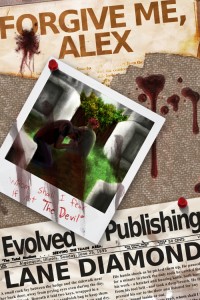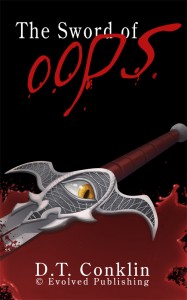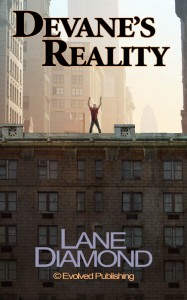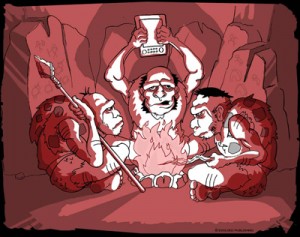Every reader takes a leap of faith when she picks up a book. She places her trust in the author, expecting the author to hook her early in the story. She then expects—I might say insists—that the author will hold her level of interest at a steady clip, compelling her ever forward.
Yet no book is Bam!-Bam!-Bam!-Bam!all the way through. Great books are not 90-minute action movies on paper. Great books are rich, deep excursions into another time and place, into one or more characters’ most intimate desires or darkest fears. Ironically enough, great books play out like a movie reel, but the 6- to 12-hour version.
How much exposition might an author engage in? How long may an author drift away from plot to build character or setting? Ah, the tightropes we must walk.
The simplest answer is that an author must do what she must. I would suggest the key word is this: relevance. Does the extra characterization, or setting, or historical foundation, truly matter to your story, or will it merely make the reader yawn?
Every writer likes to talk about the first step: the opening hook. Must an author hammer the reader over the head right out of the chute, or can she ease her into the story? Yes. No. Maybe. Different genres have different rules, which is to say readers have come to expect a specific approach in any given genre. Every story is both a beneficiary and a victim of its genre conventions. Authors break with those conventions at significant risk.
I don’t mean to suggest that authors can’t break the rules, merely that they understand the difficulty, and their odds of success, in doing so. However, and let’s just be honest here, ’tis better to grab the reader by the collar and shake her like a rag doll, than to cradle her in your arms and gently rock her to sleep. Excitement good. Snoozing bad.
Many are fond of insisting that authors start in the middle—en media res. Nonsense. Start at the beginning. Or start in the past. Or start at the end. Start where it makes sense to start your story. No two stories are identical. Well… no two stories should be identical.
I’ve read articles that said, “Never start with a flashback.” Yet I’ve read many books that did so… and knocked my socks off.
I’ve read articles that said, “You must hook the reader in the first paragraph.” Yet I’ve read books that took me a few pages to warm up to, and which I then couldn’t put down. It’s important to note, however, that while those authors did nothing to hook me at the very start, neither did they do anything to turn me off, to cause me to stop reading.
So which rules can you fudge on, and which ones must you follow as though they were the word of God? First, remember that in writing, no such thing exists as a 100% rule. Yet some are 99%-ers. For example: Don’t start with setting; start with action. That doesn’t mean take-a-deep-breath, grab-onto-your-socks and hang-on-for-dear-life action; it just means something meaningful needs to happen. Another example: Build the action steadily and finish with a bang. If you do that, your readers will come back for your next book. If not….
Other than that, I believe story structure is wide open, a playground where you can kick the ball around and have some fun. There’s only one requirement: Keep the reader turning those pages. I would be remiss if I failed to mention that all this assumes another critical fact: The author actually knows how to write—no spelling errors, decent grammar, well-structured sentences and paragraphs, no mixed tenses or continual head-hopping—prose that is, if not exceptionally strong, at least not terribly weak.
My personal limit is 5 pages; that’s how long I give an author to make her case. Again, this assumes the writing is not terrible, in which case I’ll quit after 1-2 paragraphs. How about you? What’s your limit?
———-













Please follow me here: